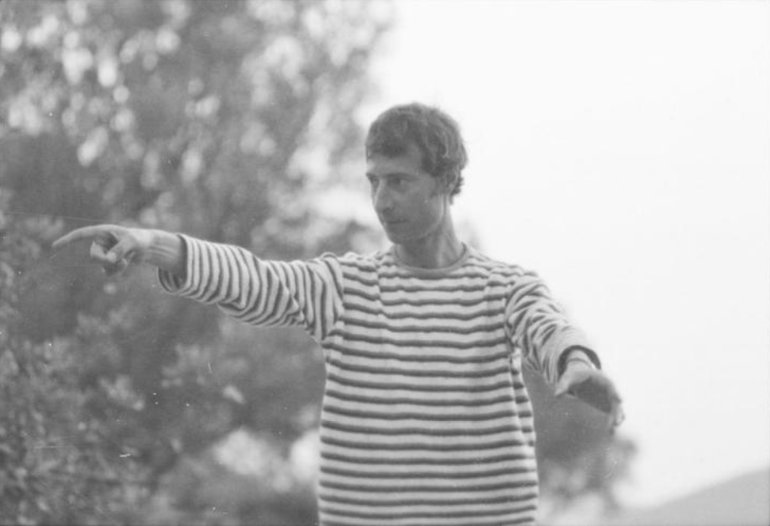Presque Rien - N°1 ou Le Lever Du Jour Au Bord La Mer
Presque Rien - N°2 ou Le Lever Du Jour Au Bord La Mer
Presque Rien - N°3 ou Le Lever Du Jour Au Bord La Mer
The Presque rien 1967-70 [Almost Nothing] by Luc Ferrari Decades after the fact, French composer Luc Ferrari recalled that the first time he played “Presque Rien” for his colleagues at the Groupe de Recherches Musicales, their faces turned to stone. Such dismay is often the fate of any art that takes its medium to a wholly logical yet previously unacceptable conclusion, let alone art that changes the game. This 21-minute piece, which was first heard in 1970, did both, and the work of contemporary artists as disparate as Chris Watson and Vanessa Rossetto owe it a hefty debt.

Ostensibly a realistic rendering of the sounds of a Dalmatian fishing village waking up, “Presque Rien” was actually a thoroughly constructed piece, edited together from sounds recorded on different mornings. The title translates as “Almost Nothing,” which could refer to the nearly invisible hand of the composer. You can’t hear his interventions, but the pace of change is so rapid that it quickly becomes clear that you’re hearing something more like a time-lapse film than a documentary recording; some invisible hand is definitely doing something. Or maybe it refers the absence of conventional musical content. Bugs buzz and rattle, trucks cough and rumble, people whistle and kids shout, but no instruments are played, and it takes 18 minutes for an intentionally musical activity (someone singing) to occur. The main thing that makes “Presque Rien” music is the fact that Ferrari composed it using concrete sounds — that is, he manipulated the sonic material itself rather than use symbols written on paper, which tell players of conventional instruments what to do, to direct the sound. While this fact places the piece directly in the lineage of musique concrète, with its compositions made out of the sounds of trains and doors, Ferrari’s contemporaries had a hard time dealing with music made from sounds that were just happening, as opposed to sounds that had been made to happen. Not that Ferrari cared. Pleased with the options opened up by this new approach, he went ahead and made three more such pieces, which are all collected for the first time on this double LP.
